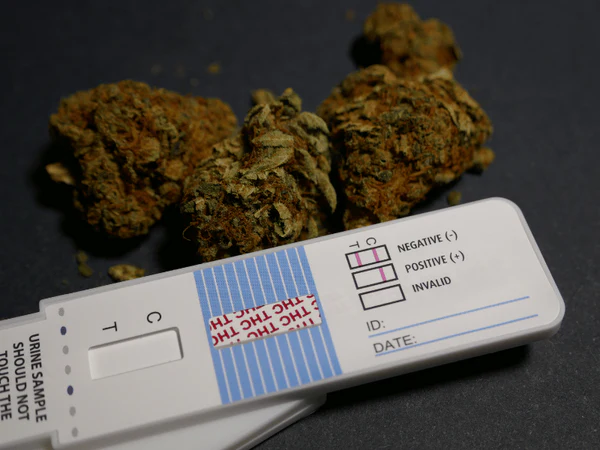Despite the federal legalization of hemp and the growing popularity of hemp-based products, many people still face legal hurdles and confusion in their everyday use. One of the most common concerns is whether using a hemp product will affect the outcome of a urine test. The answer to this is more complex than a straightforward yes or no.
Do Urine Tests Detect Hemp-Based Cannabinoids?
Hemp and its THC-rich relative, marijuana, both contain THC cannabinoids, the compounds responsible for marijuana’s psychoactive effects. Although hemp contains significantly less THC, the two plants share these cannabinoids due to selective breeding over centuries.
Urine tests are designed to detect THC, typically to determine if an individual has consumed substances containing this cannabinoid. However, since THC is present in both hemp and marijuana, the test cannot differentiate between the sources. As a result, a urine test will show positive for THC regardless of whether it came from hemp or marijuana.
To address this issue, many brands have started creating THC-free and cannabinoid isolate products. By removing specific cannabinoids, these products reduce the risk of triggering a positive result, or “hot” test, during a urine screening.
Factors That Can Affect a Urine Test
Several factors can influence the results of a urine test, starting with anything you’ve ingested. This includes hemp-derived products, certain foods or beverages, and prescription medications. For example, according to Banner Health, everyday items like Benadryl, Ibuprofen, poppy seeds, and some over-the-counter cold medications can cause false positives in urine tests.
Another factor that can impact your urine test is the specific policies of the organization requiring the test. For instance, an employer may flag any presence of THC, regardless of whether it came from a hemp product. This could be due to the job’s nature or liability concerns. Current testing methods cannot distinguish between hemp-derived THC consumed 30 minutes ago or several hours earlier, which could be problematic even if you only use hemp-based products during off-hours.

Although hemp is federally legal in all 50 states, each state has its own regulations regarding its use. What may be allowed in one state could be restricted or even illegal in another. For specific information about hemp laws in your state, it’s best to consult the regulatory agency overseeing the hemp industry where you live.
The Bottom Line
Several factors come into play when taking a urine test. If you’ve consumed a hemp-derived Delta 9 product before the test, it could result in a positive outcome. However, whether this is considered in the final results may depend on multiple factors, including job requirements, company policies, and state laws.
If you’re using hemp-derived Delta 9 and anticipate taking a urine test, it’s wise to gather all relevant information ahead of time. Every situation is unique, so doing your research can help you avoid unexpected results or negative consequences.
This article is not intended as legal or medical advice. Please reach out to the appropriate professionals for guidance on legal or medical matters concerning this topic.
